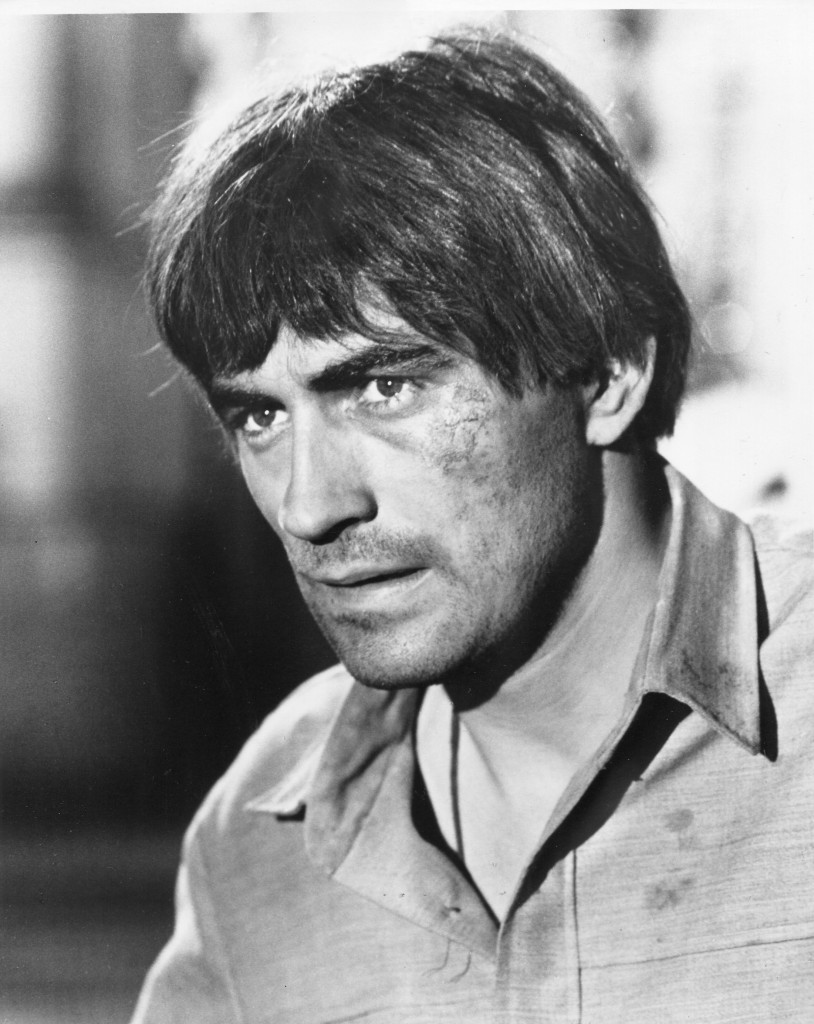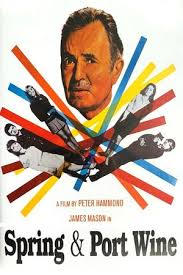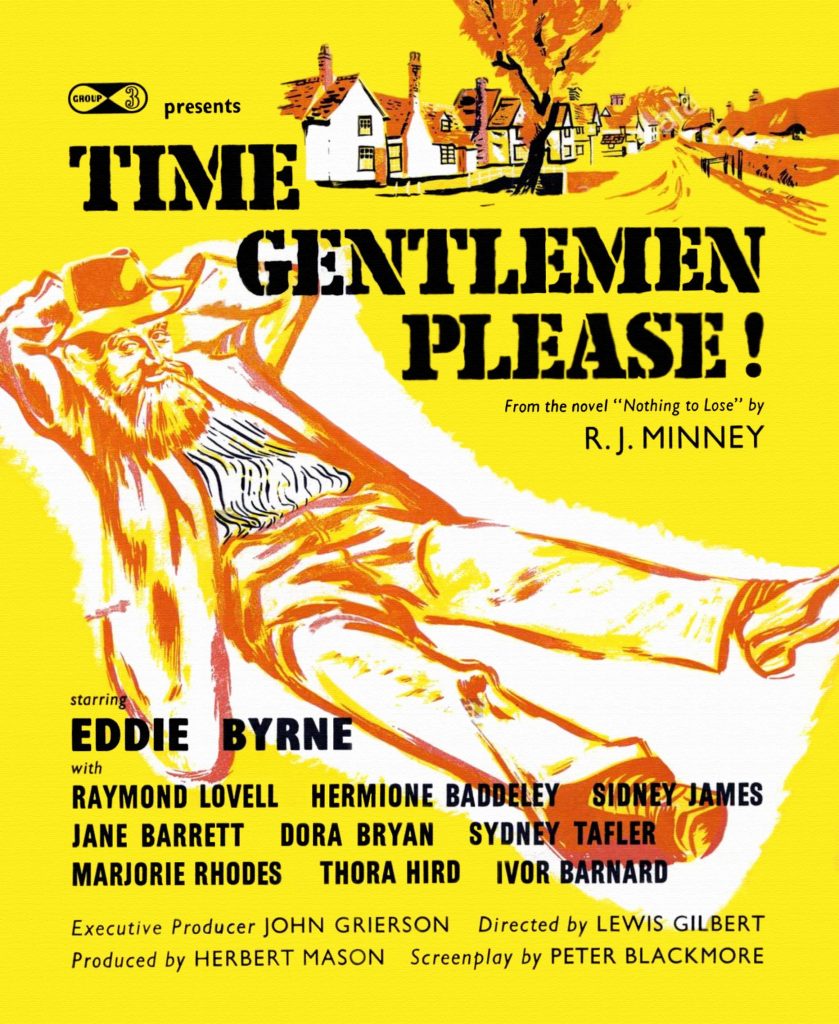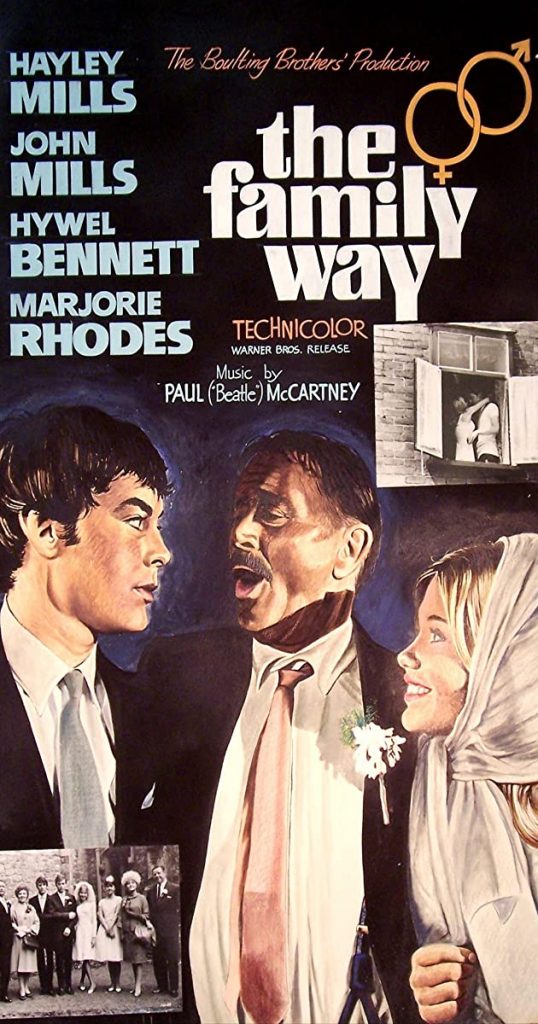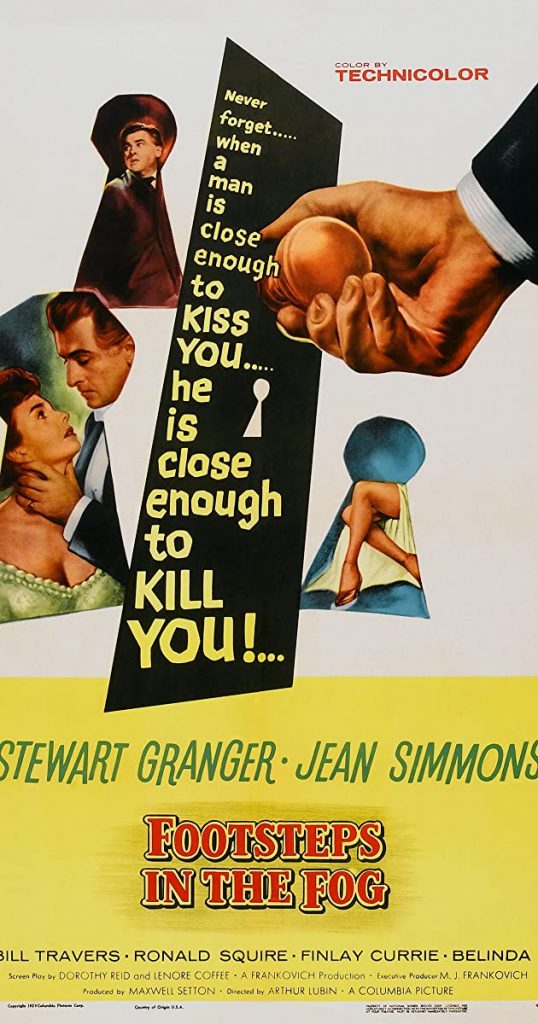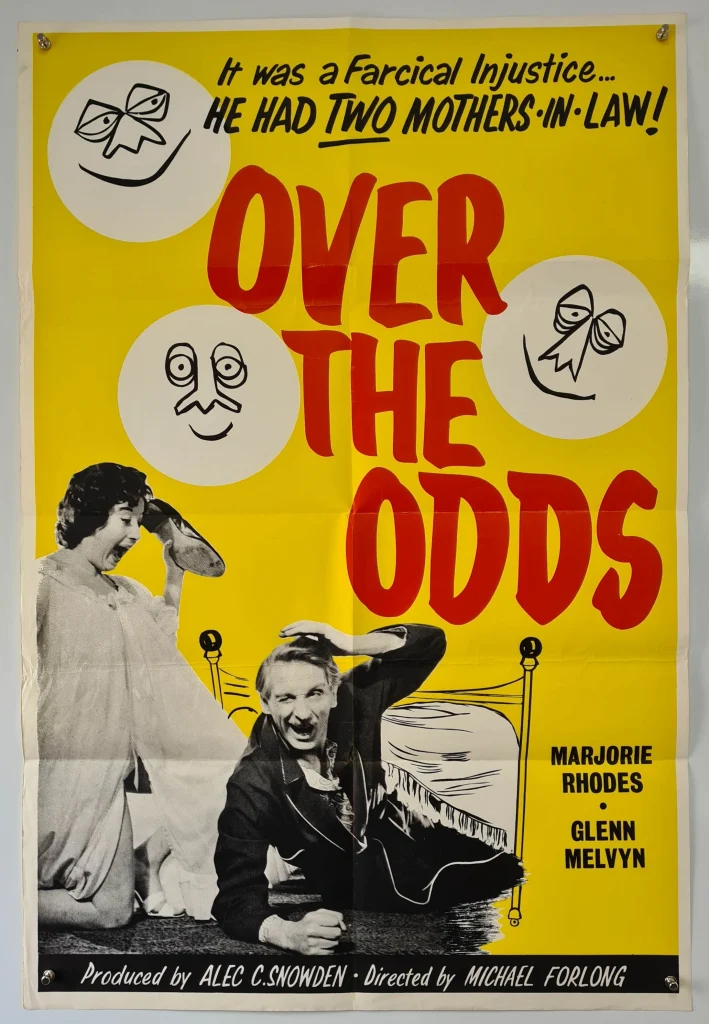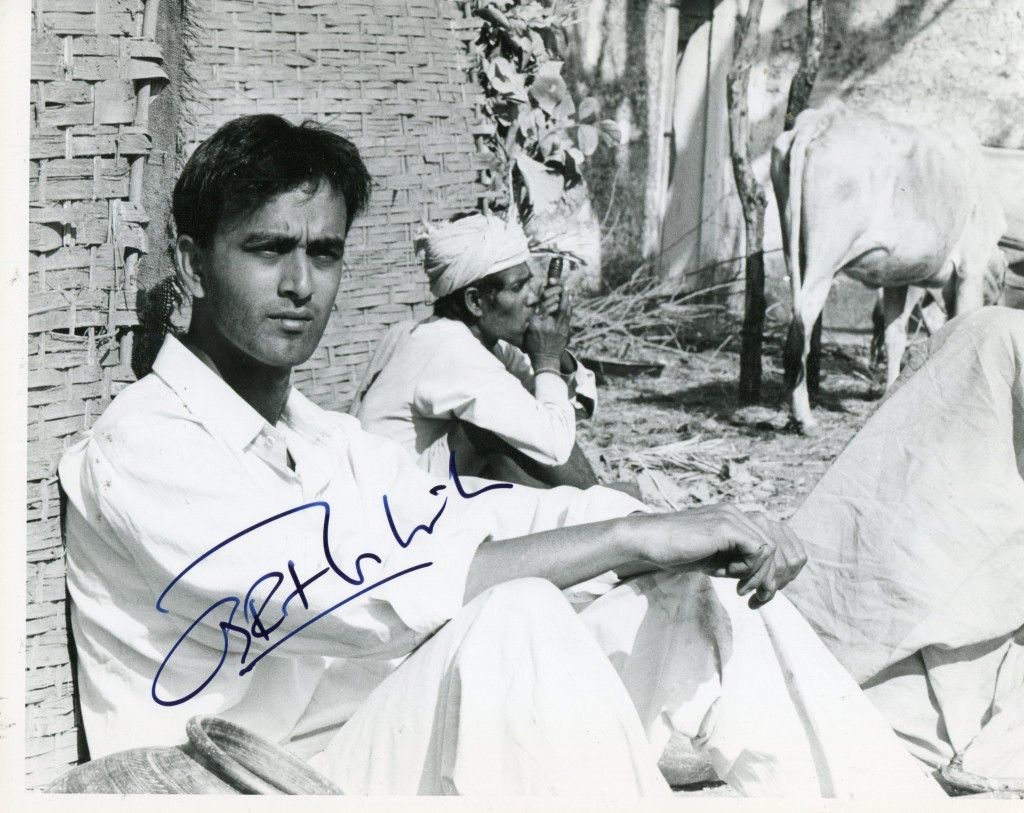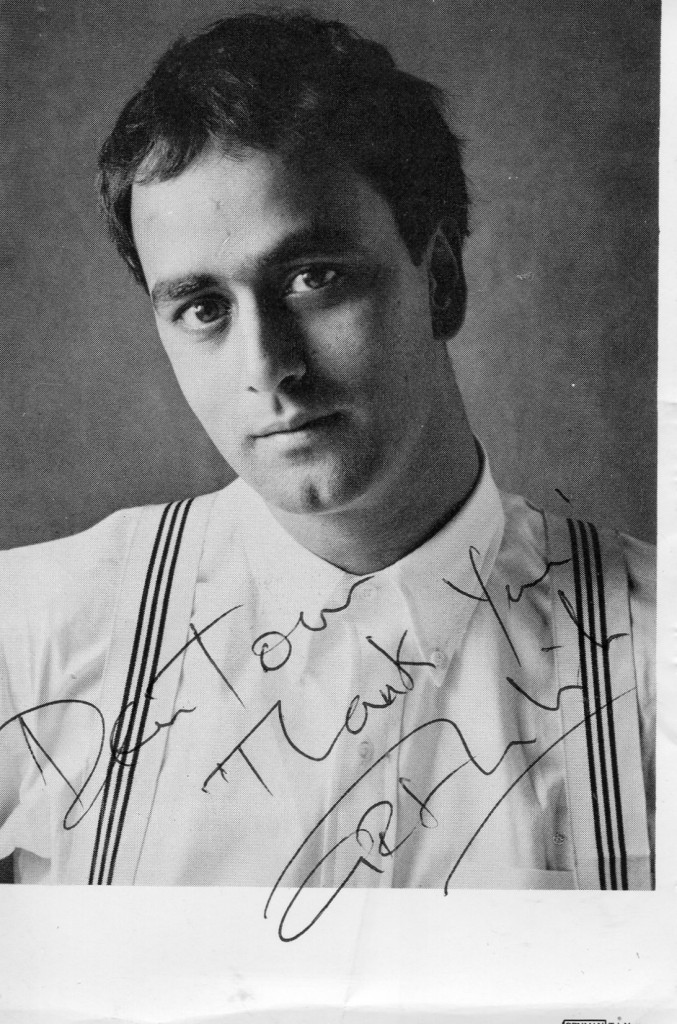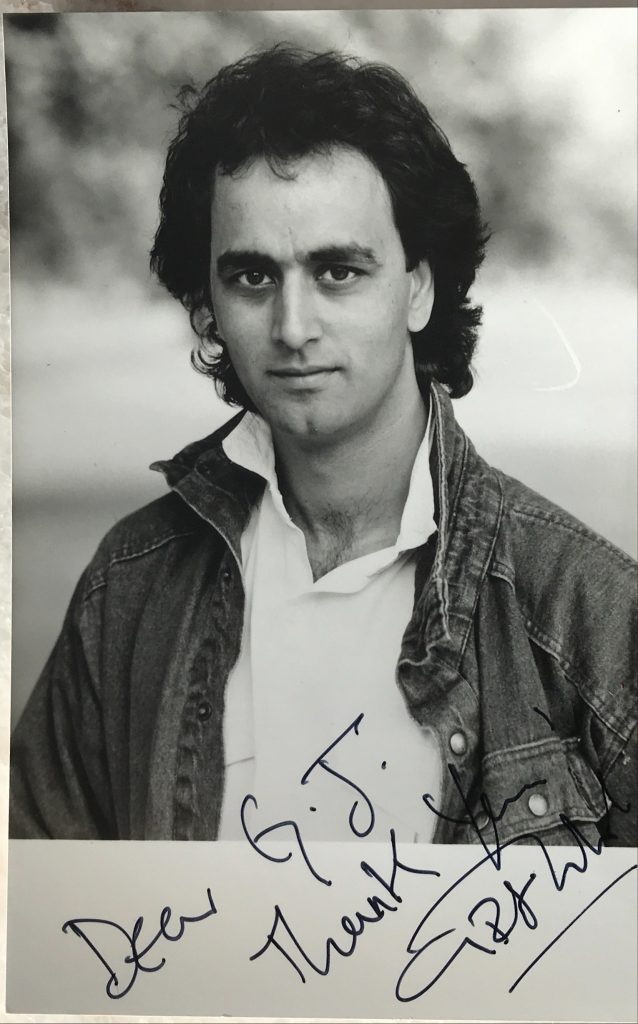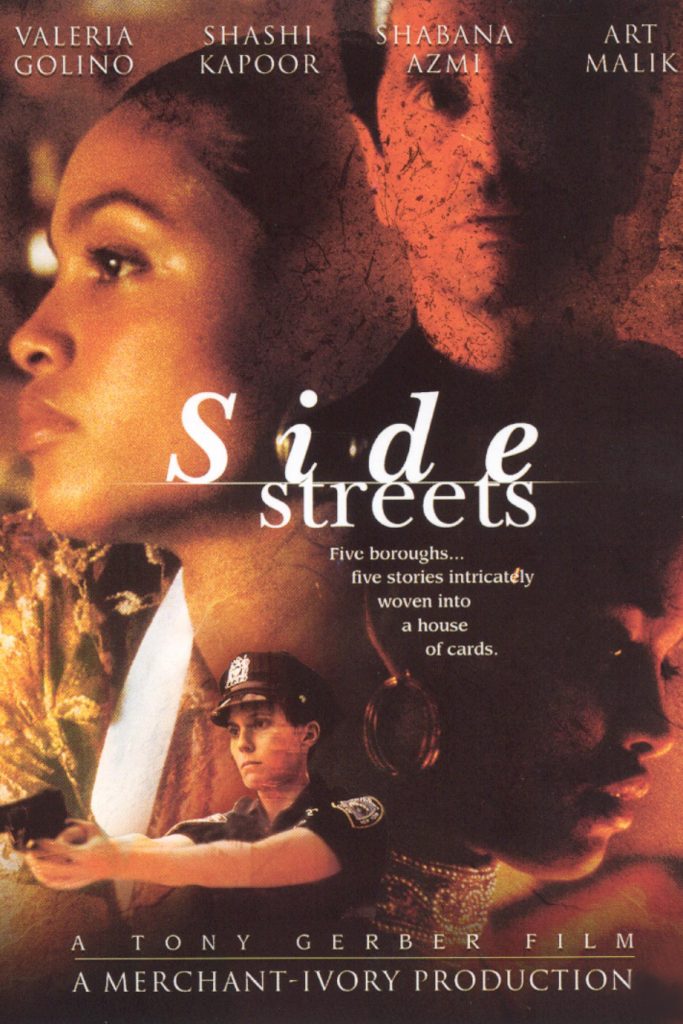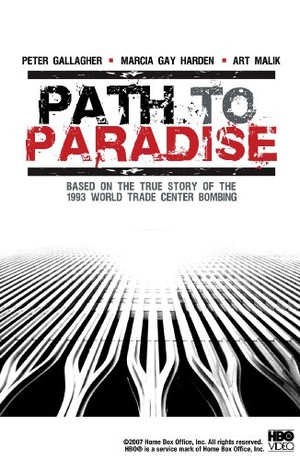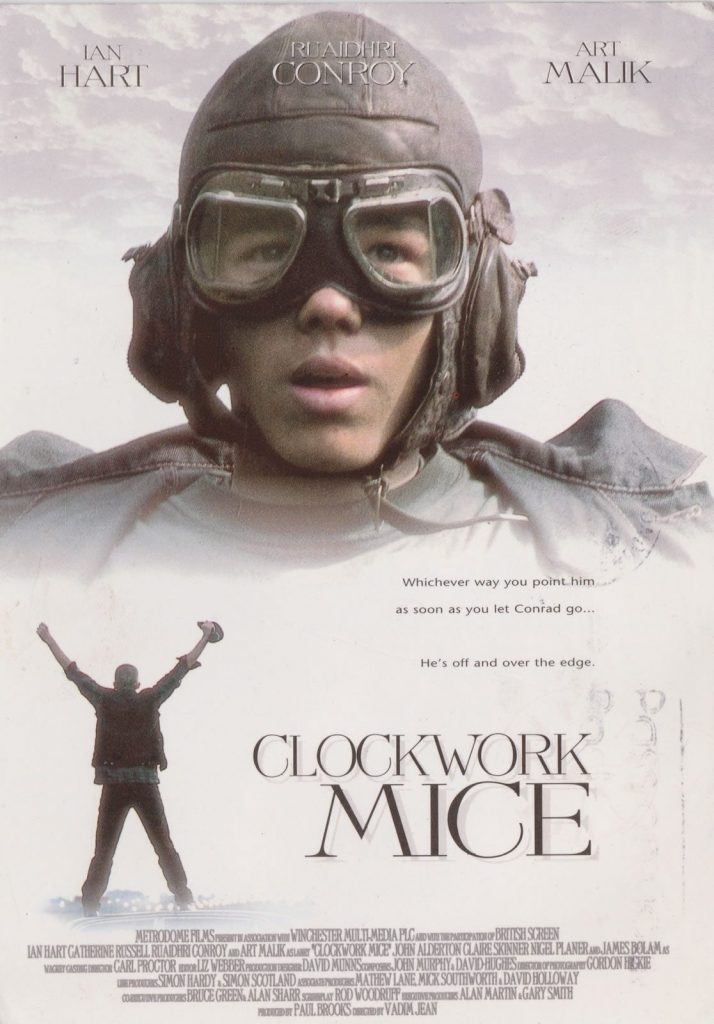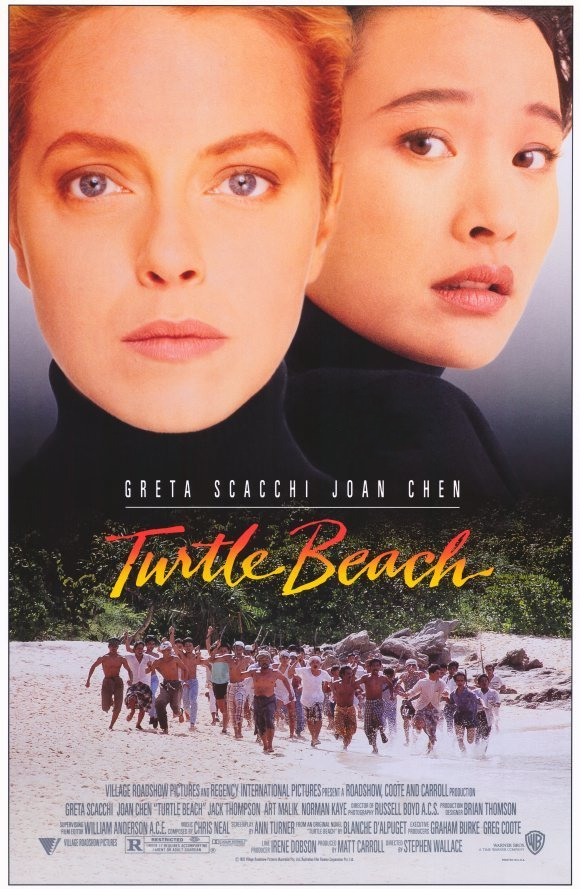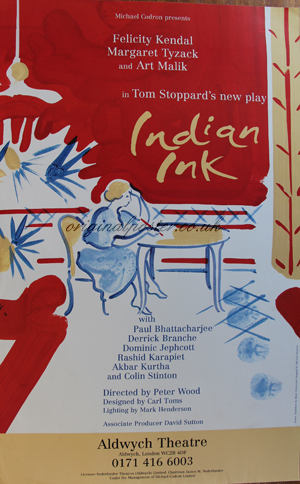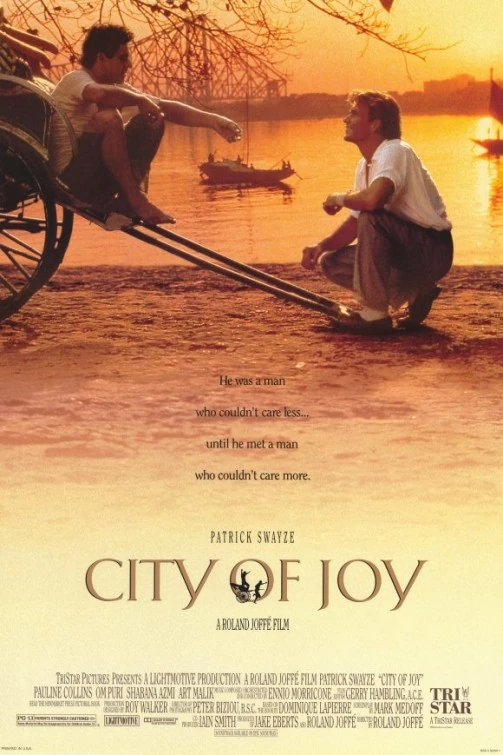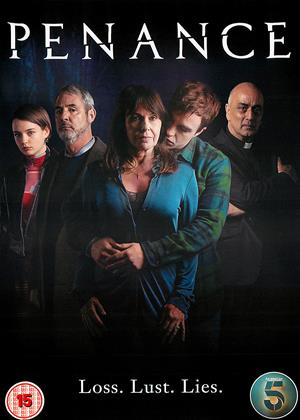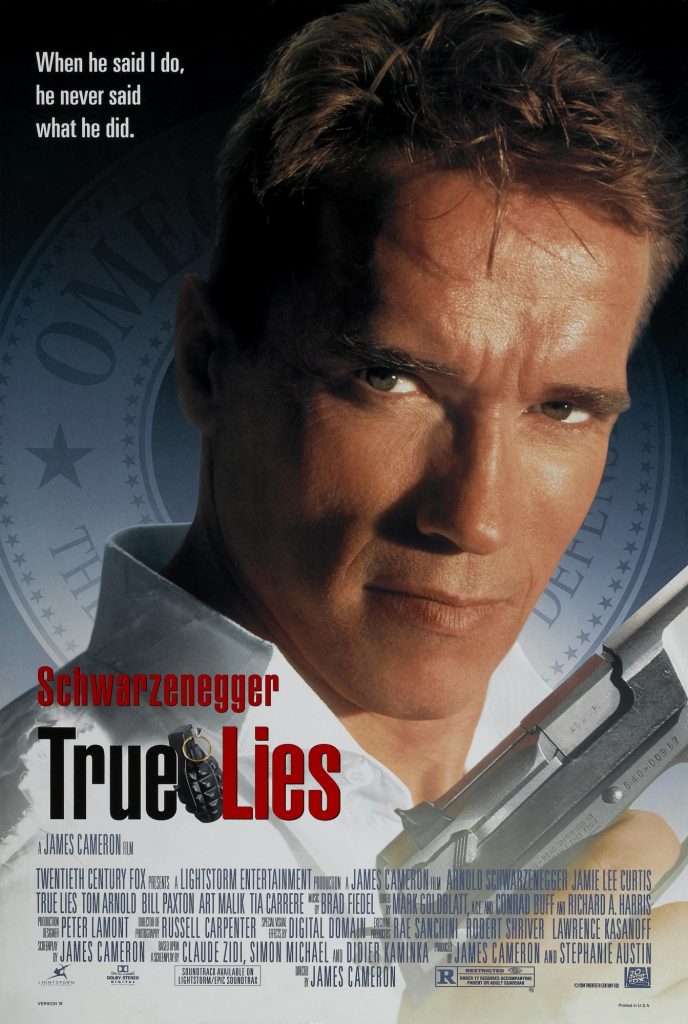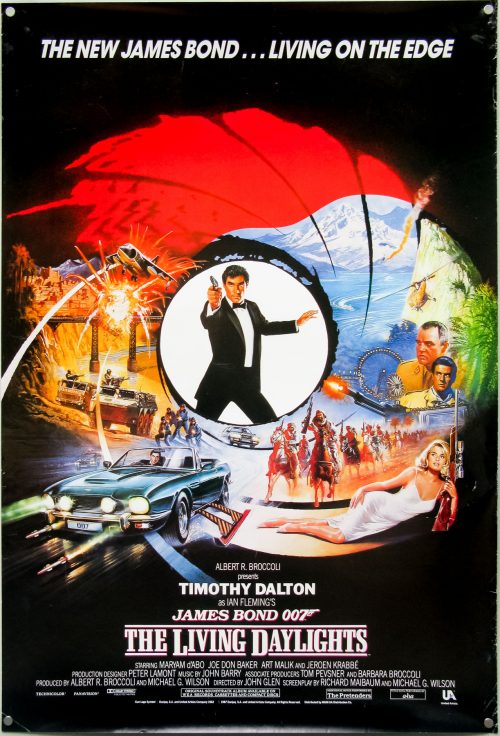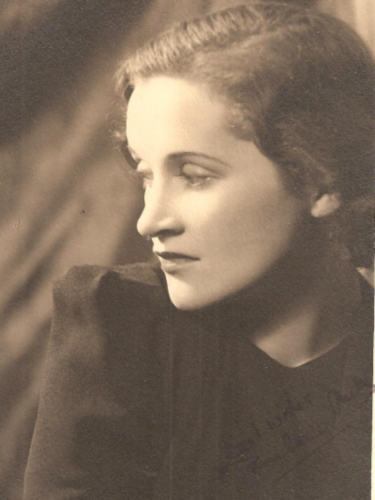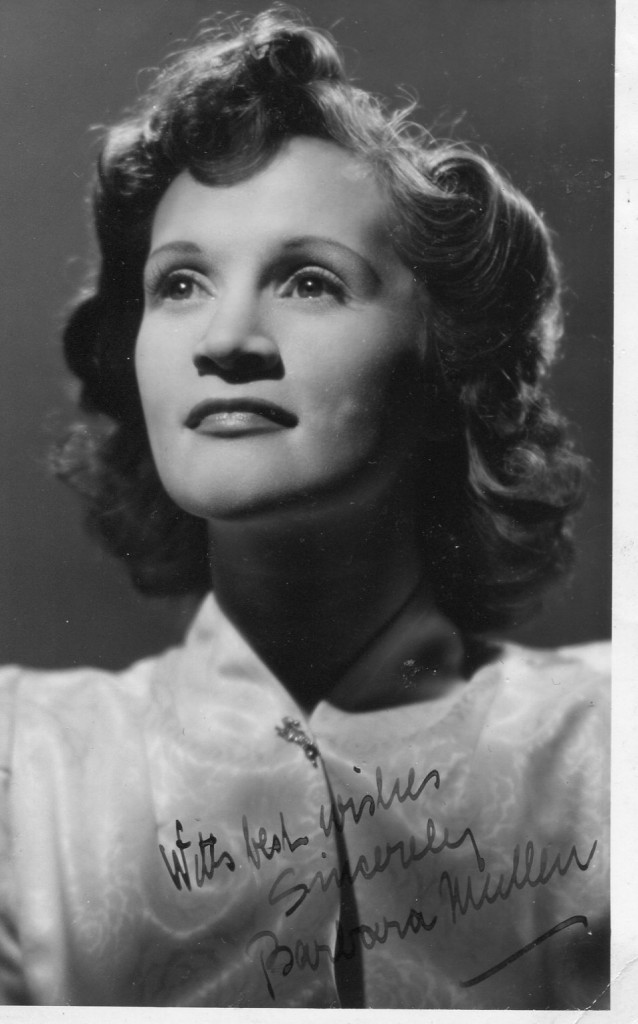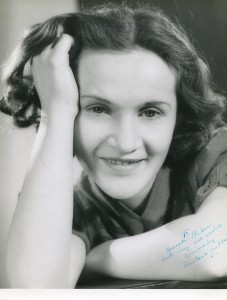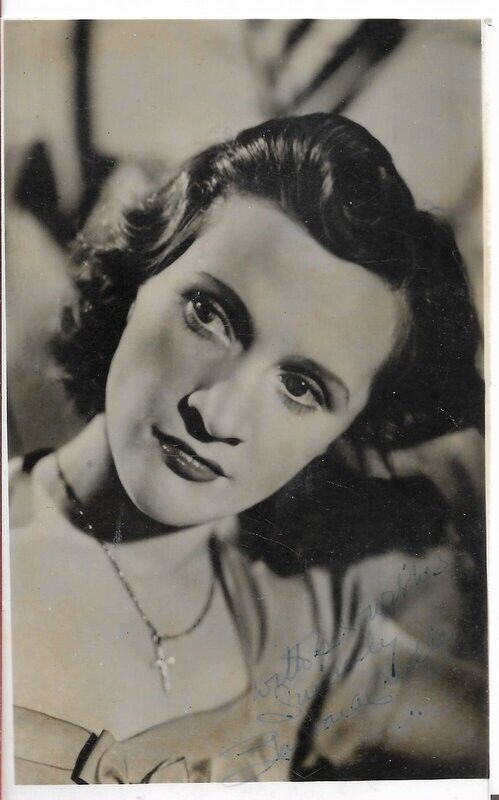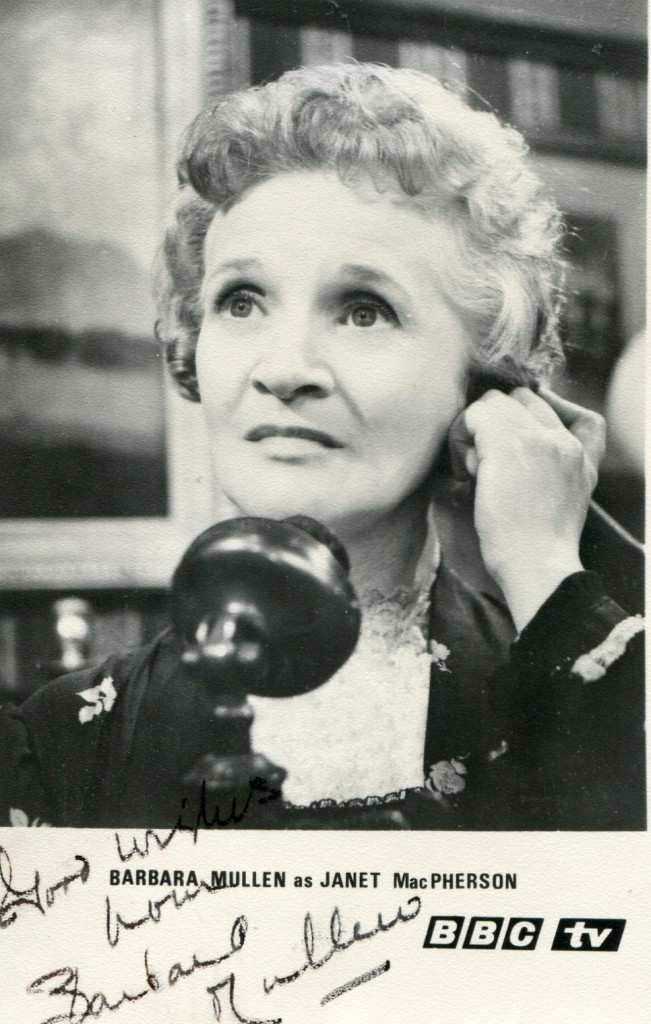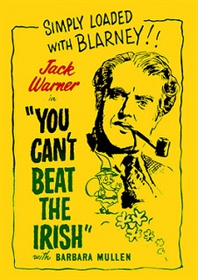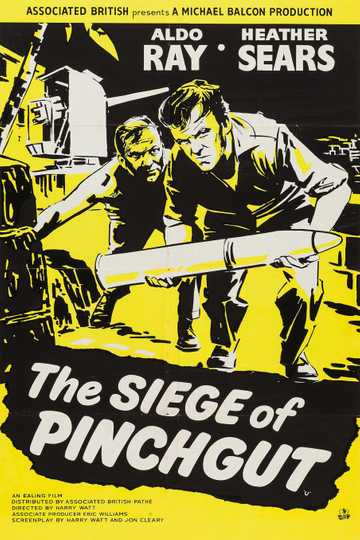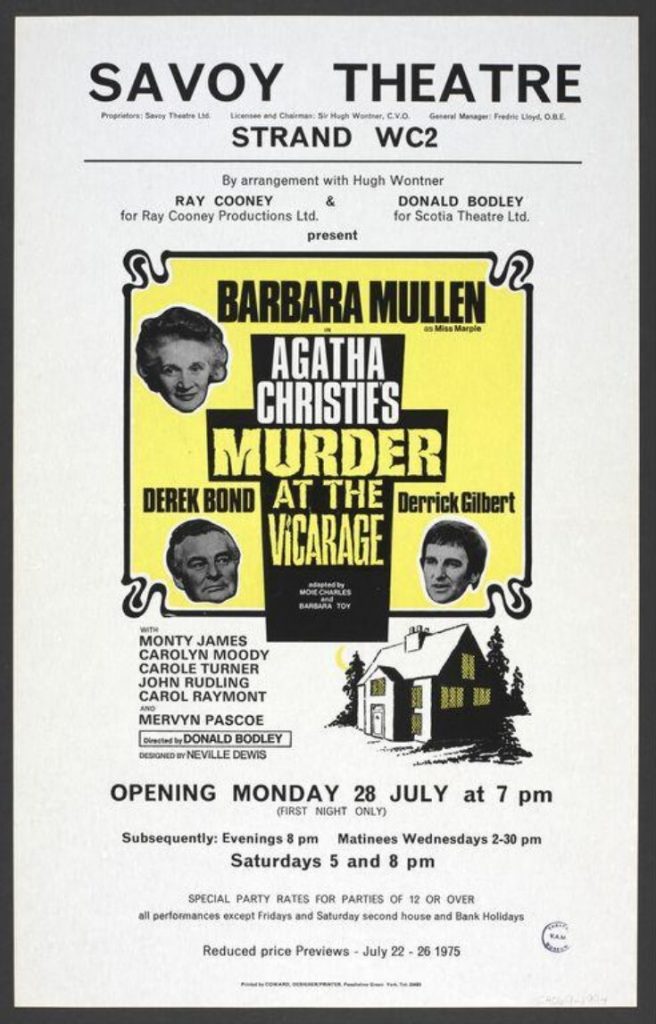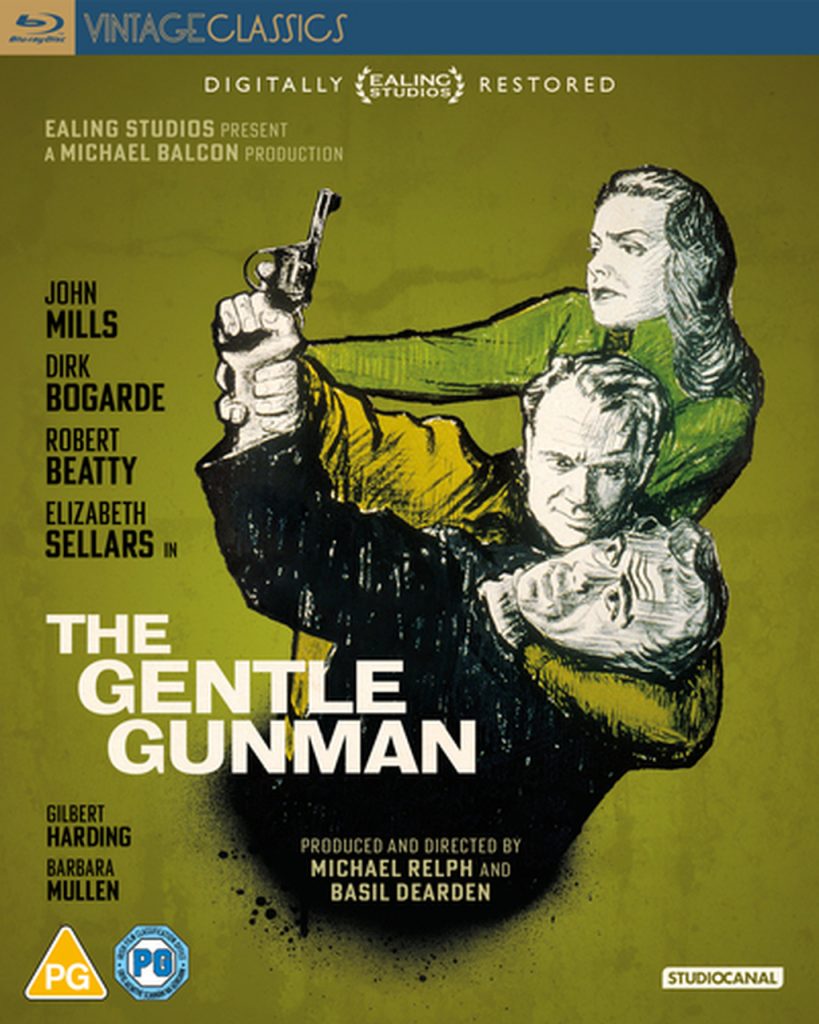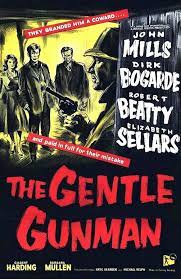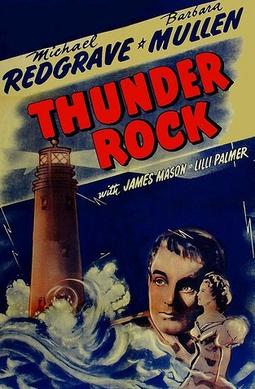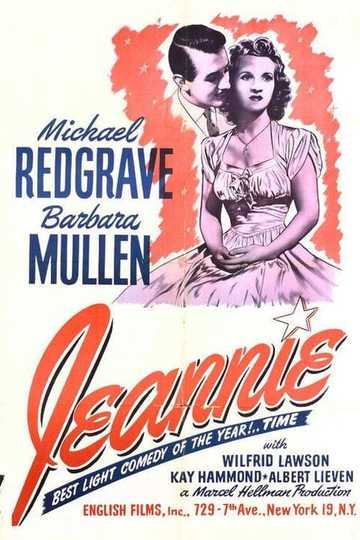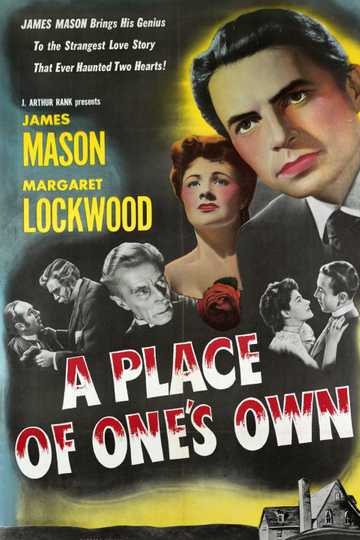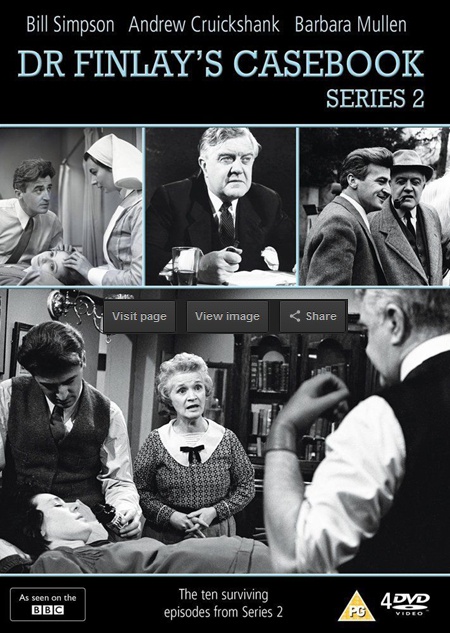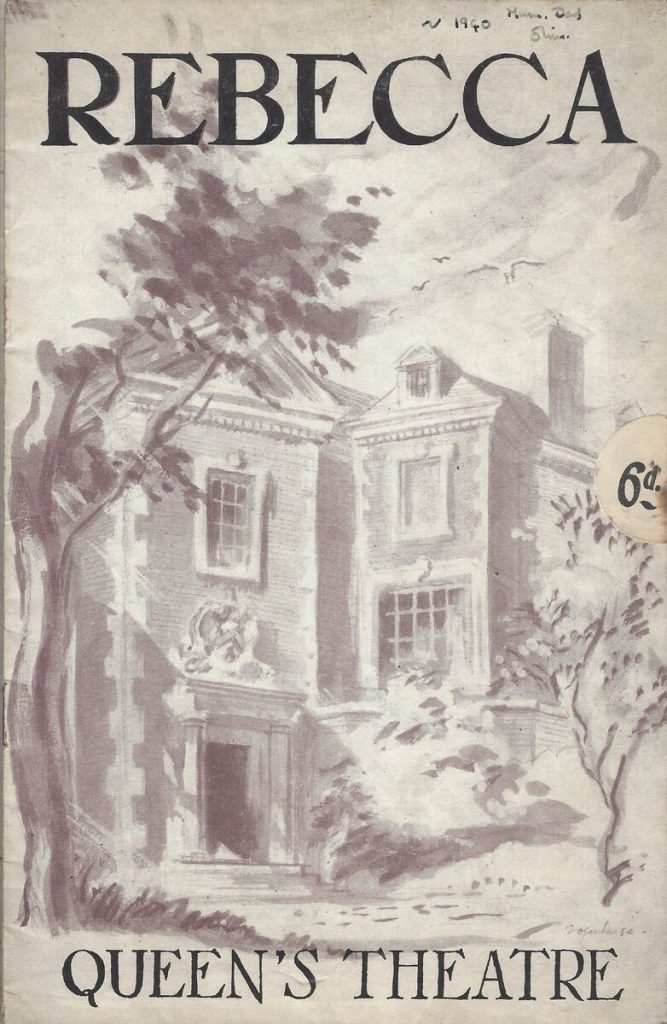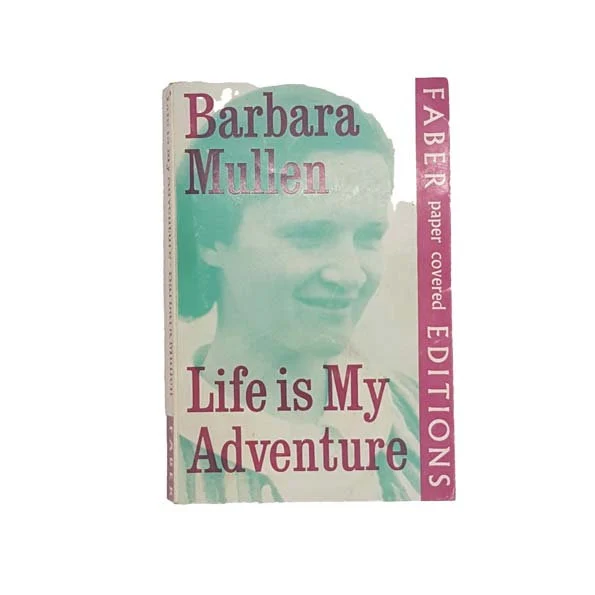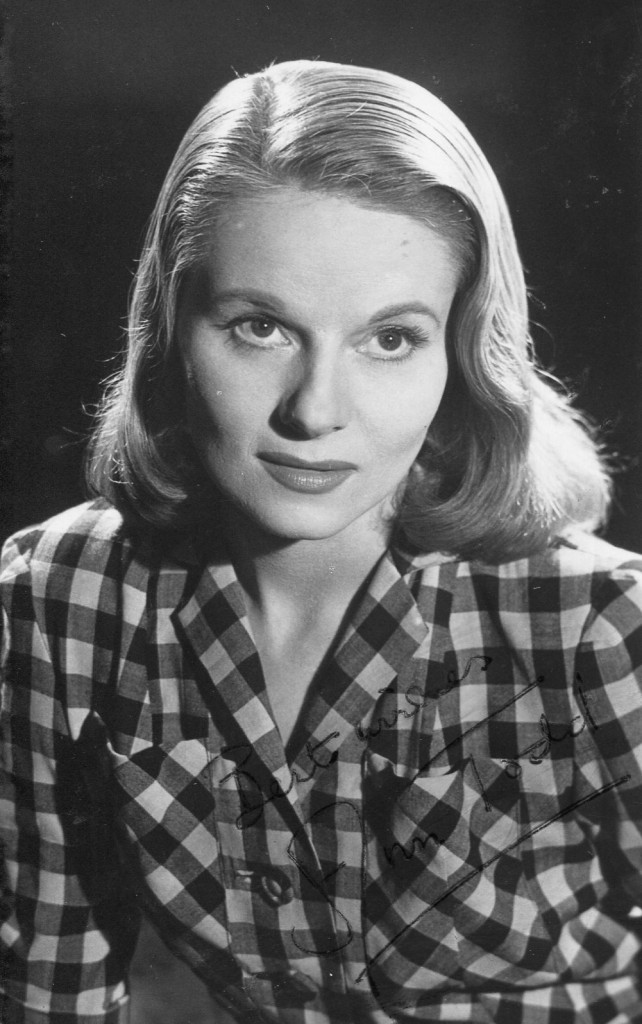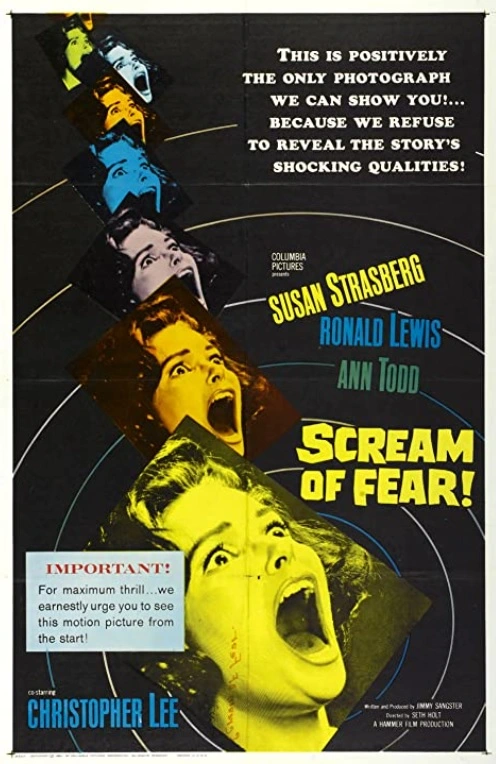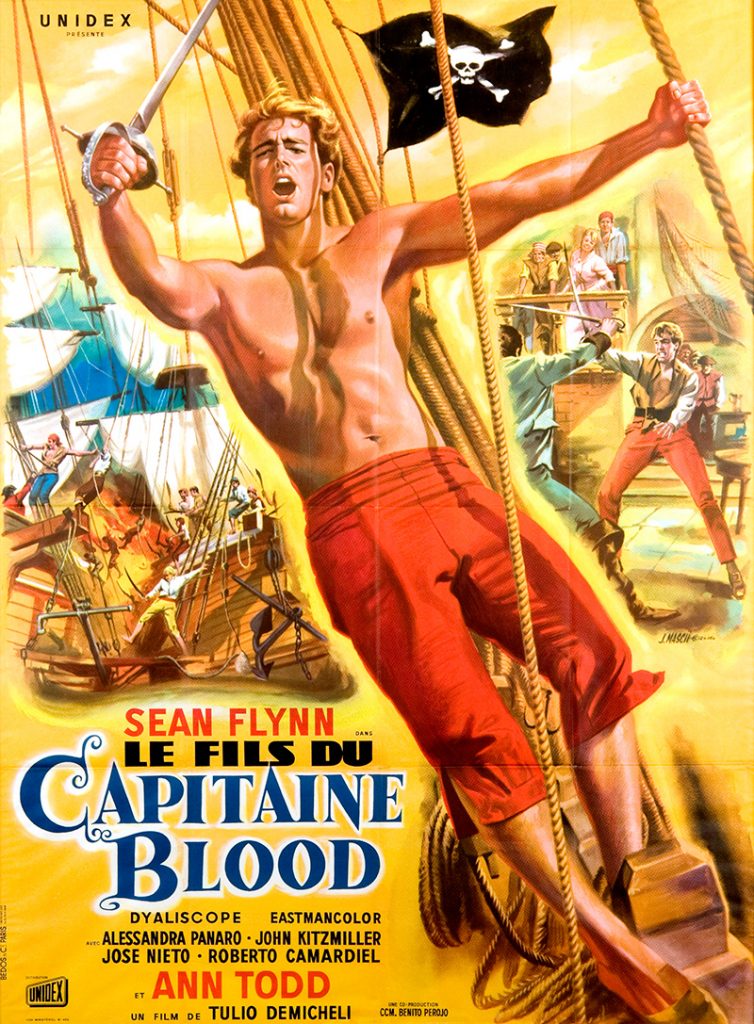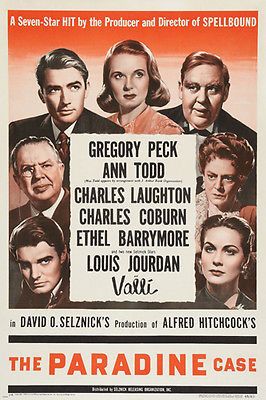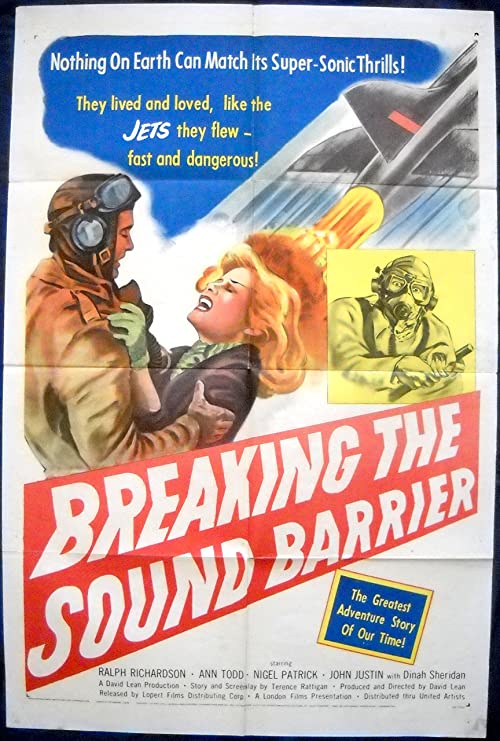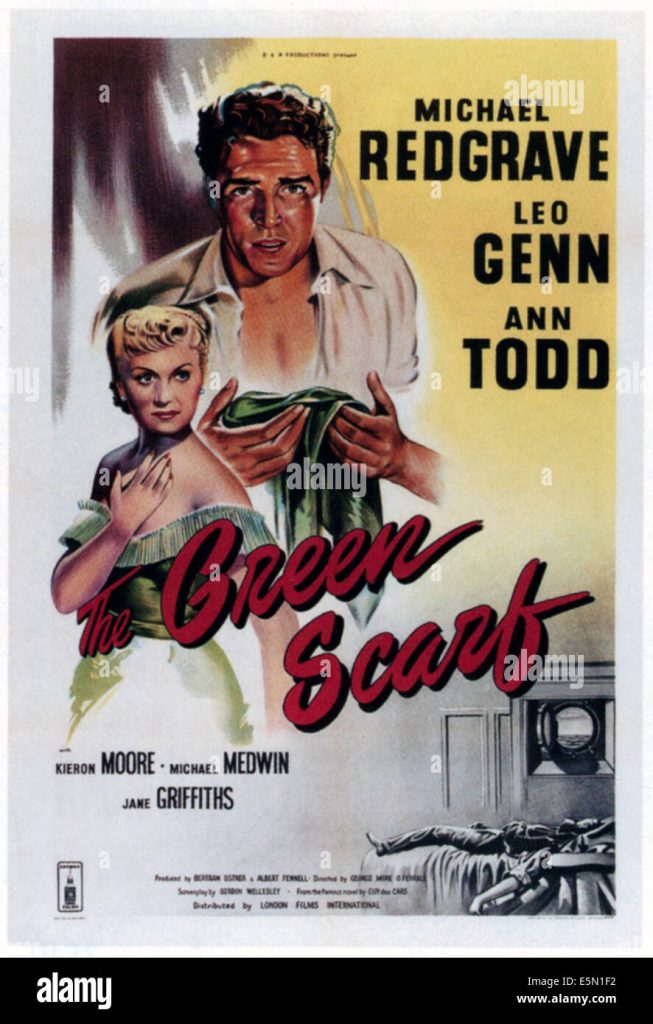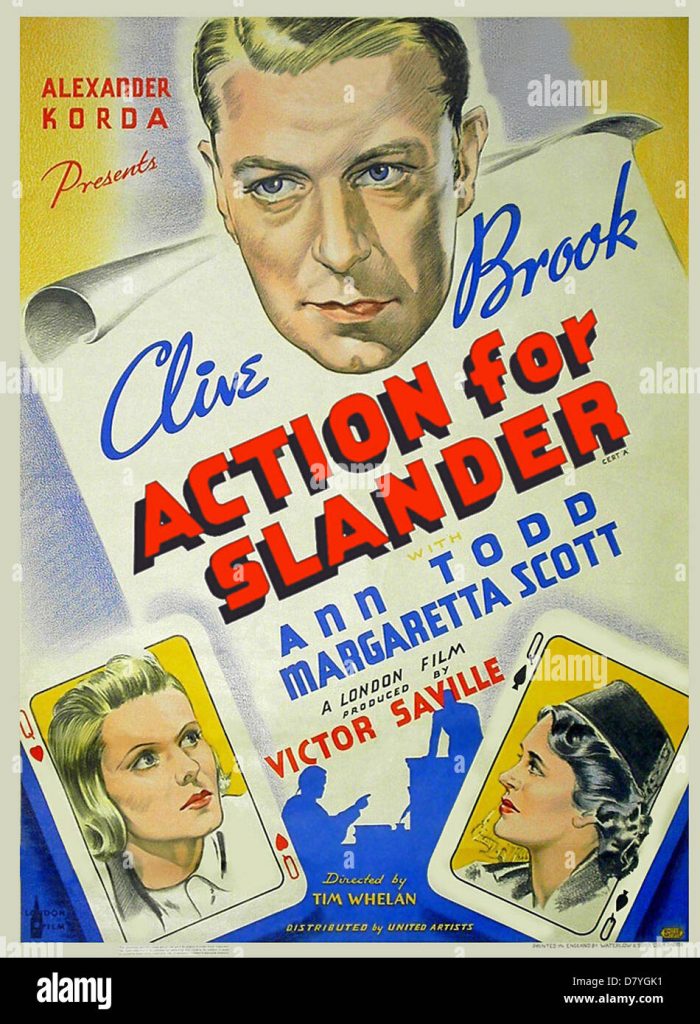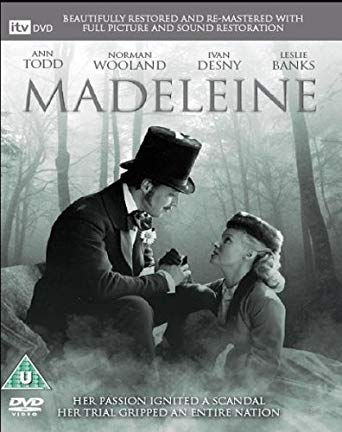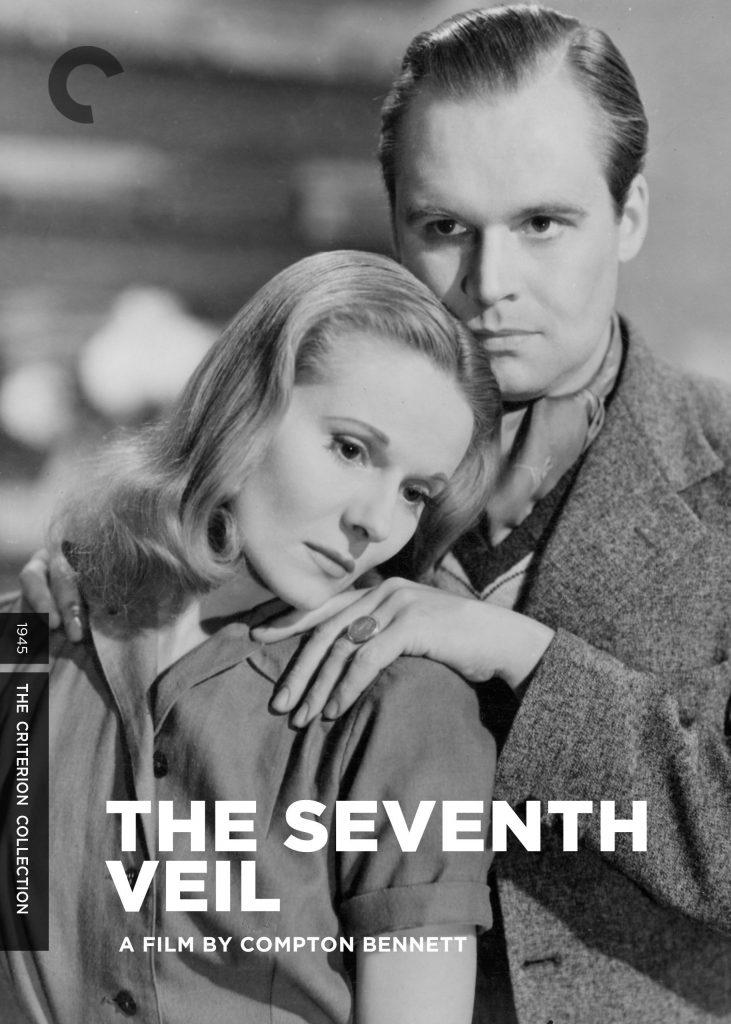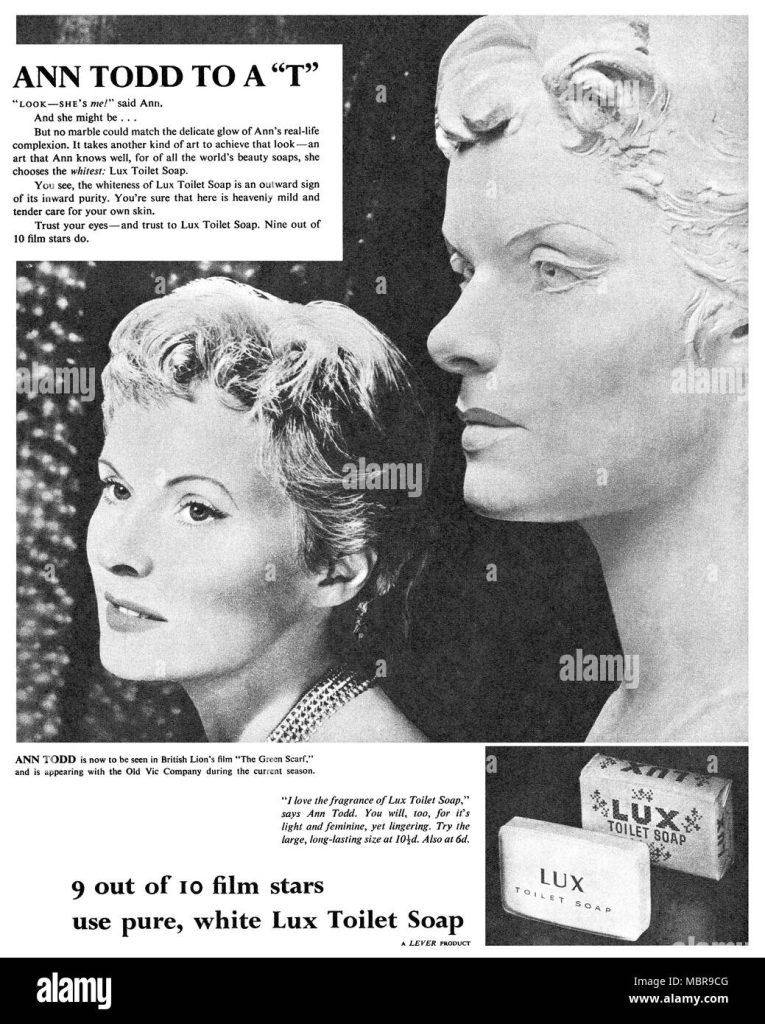by Pete Stampede
When it comes to their public profile, some performers are doomed to be always (sometimes only) mentioned in the same breath as their more famous partner, and Alan Lake was one such, forever linked with the ultimate sex symbol for 1950’s Britain, Diana Dors, whose third husband he was. And, despite a promising start, the nearest Lake (born 1940) got to a tailor-made acting category was an endless succession of “third villain from the left” roles in series episodes, of which this segment is a typical example. Added to which, in 1964, ABC, scared by Honor Blackman moving on, reputedly considered replacing The Avengers with a series starring Dors (who had been a Rank starlet along with Honor), to be called The Unusual Miss Mulberry. It was never made (and, considering The Avengers was on the brink of its greatest commercial success, shows how much TV executives know!), but at least makes Lake’s casting in this transitory episode strangely apt.
His first TV credit was as a policeman in The Midnight Men, “The Man From Miditz” (BBC, 1964), directed by live TV pioneer Rudolph Cartier, and starring another 50’s film star, Eva Bartok, supported by Andrew Keir and future Doctor Who Patrick Troughton. He also had minor roles in Dennis Potter’s Stand Up Nigel Barton (BBC, 1965), singing in a pub where the Oxford-educated hero tries to show his Dad that he hasn’t changed, and in one episode of a BBC2 serial of Hemingway’s For Whom The Bell Tolls (BBC, 1965), with John Ronane, seen in “Murdersville” and “Take Me To Your Leader”, as the main character Robert Jordan. Films included John Boorman’s incongruous feature debut, the Dave Clark Five vehicle Catch Us If You Can (1965, US: Having A Wild Weekend), and two directed by actors, Sky West and Crooked (1965), directed by John Mills and starring daughter Hayley, with Lake as a gypsy (he was actually of gypsy extraction), and Albert Finney’s Charlie Bubbles(67), on which he was also Finney’s stand-in.
His episodic television run had already started, with The Saint, “Locate and Destroy” (ATV/ITC, 1966), as one of a trio of Israeli agents – the others were Harry Landisand, by an odd coincidence, Honor Blackman’s then husband Maurice Kaufmann, Redcap, “The Moneylenders” (ABC, 1966) starring John Thaw, and Department S, “Dead Men Die Twice” (ATV/ITC, 1969), as ‘The Dandy’, giving Peter Wyngardesome competition in the flared, frilled fashion victim stakes. His roles in more serious dramas included Thirty Minute Theatre, “Thief” (Rediffusion, 1968) with Sian Phillips, written by Alun Owen and directed by Alan Clarke, and another anthology series entry, The Company Of Five, “Arthur Gifford Is Alive And Well In Stoke Newington” (LWT, 1968), with John Neville, once a leading classical actor and rival of Richard Burton, now, sadly, probably best known as the Well-Manicured Man in The X-Files. The Contenders (Granada, 1969), directed by future film man Mike Newell among others, was a four-part serial from a novel by John Wain, about bare-knuckle boxing in the North of England, with the tragic, in retrospect, teaming in the leads of Lake and Victor Henry, an actor specialising in angry young men roles, who just as his career seemed on an upswing had a major car accident, leaving him in a coma from which he never recovered.
Lake married Dors in 1968, at a time when her attempt to launch herself on Hollywood had decisively failed (second husband Richard Dawson, a regular on Hogan’s Heroes and host of Family Feud, actually did better there than her), her films were largely supporting roles, and she was even resorting to personal appearances in Northern working men’s clubs to keep in the public eye. (And, to be honest, her increasing weight didn’t help matters either.) In 1970, the couple collected good reviews for a play at the Royal Court, Three Months Gone; but shortly after this, Lake was arrested and briefly imprisoned following a fight in a pub. Not long after his release, he suffered a near-fatal riding accident. And to cap it all, once he started working again, he hardly seemed to play anything other than threatening types in TV episodes; his style of acting seemed to become fixed around this time too, with a constant trademark (intentionally or otherwise) being his accompanying the end of a sentence with a menacing glare of his already bulging eyes. Examples were: Madigan, “The London Beat” (NBC/Univeral, 1972), as a local henchman of David Bauer; The Adventurer, “Icons Are Forever” (ATV/ITC, 1972) with Gene Barry, one of the last and weakest ITC series; Softly, Softly, Task Force, “See What You’ve Done” (BBC, 1974), with Stratford Johns; and the first episode (barring the pilot telefilm Regan) of The Sweeney, “Ringer” (Thames, 1975), as partner in crime to Ian Hendry and Brian Blessed. (I’ve really gone off on one here David, so cut this down if you like!) An indication of Lake’s role is that he didn’t have any really notable dialogue or action, in an episode full of bits worth rewinding the tape for; Hendry, looking alarmingly like one of the henchmen in 101 Dalmations, right down to the flat cap, croaking “Aw, the bloody Sweeney! That’s all we need, innit!”; Blessed spitting “Cozzer!” (derogatory slang for policeman) at John Thaw, after knocking him to the ground; and most famously, Thaw’s warning to one of Blessed’s underlings, “We’re the Sweeney, son! and we haven’t had any dinner!”
Probably, Lake’s best film role was as an incompetent singer, appropriately called Jack Daniels, replaced by his fellow band members, in Flame (1974), starring the rock group Slade more or less as themselves; it’s better rated now than then, seen as being more of a realistic drama than the expected musical lark. In his recent autobiography, lead singer Noddy Holder eloquently described Lake at the time as “a well-known character in acting circles of the early 70’s, but he was also a notorious nutter.” The same year had Lake in the title role of The Swordsman (1974), a sequel by exploitation director Lindsay Shonteff to his earlier, equally obscure Big Zapper(1972); two years earlier, Lake and Dors had both been in The Amorous Milkman(1972), one of the endless run of British sex comedies that regrettably characterised the decade, incongruously written and directed by an actor usually seen either as Nazis or camp villains. It set the tone for the couple’s films, which together and separately, throughout the 70’s and early 80’s, just got steadily worse; the details really are too embarrassing to go into.
In contrast, though still in supporting roles, Lake kept appearing in entries in the prestige drama slot Play For Today, most notably Trevor Griffiths’ Destiny (BBC, 78), and Alan Bleasdale’s The Black Stuff (BBC, 1980), the pilot for Bleasdale’s landmark series The Boys From The Black Stuff, as one of a suspicious pair who may or may not be sincere in offering the unemployed Scousers work. The guest roles kept coming: Doctor Who, “Underworld” (BBC, 1978) was a space-set reworking of Jason and the Argonauts, with James Maxwell as ‘Jackson’, and Lake as ‘Herrick’; the latter also did Blake’s 7, “Terminal” (BBC, 1980). It was back to detective series, and (mainly) straightforward villainy for Lake in; Hazell, “Hazell Settles the Accounts” (Thames, 1978), a series about a Cockney private eye, and another one well-liked at the time but which never gets repeated; Juliet Bravo, “Trouble At T’Mill” (BBC, 1980), as a loudmouthed tycoon in an utterly routine (but long-running) series about a policewoman; Rumpole’s Return (Thames, 1980), a feature-length comeback for Leo McKern, leading to Rumpole Of The Bailey resuming as a series; Dick Turpin, “The Secret Folk” (Seacastle/LWT, 1982), as a refugee, in a popular Saturday evening series with Richard O’Sullivan as the highwayman; The Gentle Touch, “Joker” (LWT, 1982), a show with the same premise as Juliet Bravo, really; Hart To Hart, “Passing Chance” (ABC/Columbia, 1983), filmed in Greece but with a largely British cast, including Lake, playing Greeks and Cypriots—that’s US TV casting; Bergerac, “Tug of War” (BBC, 1984), a middlebrow, long-running effort set in Jersey, and Lytton’s Diary, “Lady in the Mask” (Thames, 1985), starring Peter Bowles. The latter, and an episode of Hammer House Of Mystery And Suspense, “Paint Me A Murder” (TCF, 1985) which took some time to work its way round the ITV regions, were broadcast posthumously. His last film was Don’t Open Till Christmas (84), as a loon killing Santa Clauses, in an inept British slasher directed by and starring the well past-it Edmund Purdom, with Caroline Munro in a cameo.
1999 saw The Blonde Bombshell, a tacky TV movie biopic of Dors, played by two actresses, neither of whom looked anything like her; this is an indication of the way British TV is going, trying to do the kind of thing Americans have been doing for years. It ended by depicting Lake, overcome with grief after Dors’ protracted death from cancer in 1984, shooting himself shortly afterwards, on the anniversary of their first meeting. This sounds like just the sort of conclusion a sensationalist TV movie would have. What makes it even sadder is it’s true.



